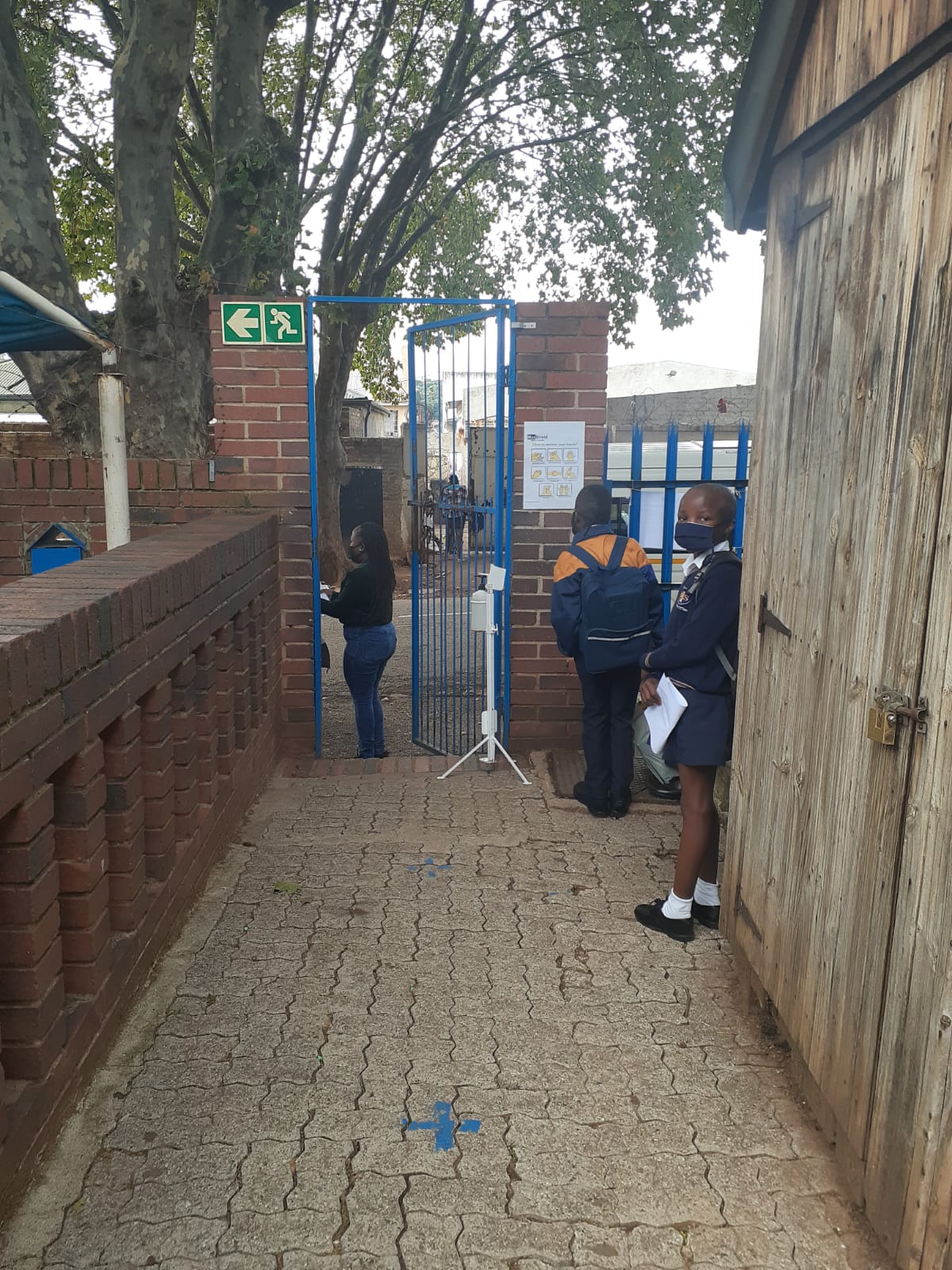The continued impoverishment of millions cannot continue like this. 10 years after the Marikana Massacre and a year after the July Food riots in 2021, the crisis in South Africa deepens.
Everyday life in South Africa points to the decline and disintegration we experience. There are no bottom lines. The search for missing Alakhe Gwambi, a six-year-old boy continues in an informal settlement in Motherwell, now in its 10th day. This comes after the horrific death of another child, Michael Komape in a pit latrine, and children electrocuted while playing near ‘illegal’ electricity connections.
Johannesburg Mayor, Mpho Phalatse notes that ‘the city is in ruins’, visible especially where black people live and work, ‘downtown’. Indeed, if this is experienced in ‘the city of gold’, what must things be like in other parts of the country, like Motherwell.
Yes, South Africa is not apartheid South Africa, thanks to the struggle of working people. But, while it is unpalatable to admit, conditions have in many ways deteriorated in terms of working people’s experiences since 1994. This reflects the current low-key civil war, the daily class struggle ravaging the country’s majority.
For children, youth and working people, the country with the ‘best’ constitution in the world, life is precarious, dangerous and cheap. Wealth is still based on cheap black labour and keeping millions in poverty.
The ugly truth is that the ANC government presides over a voracious capitalism still based on super profits and continued domination by white monopoly capitalism. We are witnessing the ‘ruination of all classes’, everyone is being affected.
The ANC government is not only unable to lead and deliver even basic services; it is undermining its own electoral base. ‘Farmgate’ is but the latest indication over the past 28 years. Working class communities (and the middle classes) need to face the harsh reality: organise or die the slow death of decay and disintegration.
Experiences all over the world shows that in times of such deep crisis, it is only the working class, organised, that can bring about progressive social change. Already we see this vacuum of progressive working class organisations being occupied by ‘strong men’ in religious and social ministries trying to advance their own power instead of the collective.
Only a progressively organised working class can take South Africa forward. This is seemingly contradictory in the midst of rising xenophobia, violence (especially against women), crime and the many other indicators of the working class ‘turning in on itself’. This is a difficult road, but we need to take this first step. We need to regroup and rebuild our organisations, read together in study groups, analyse and organise. There are no short cut solutions.
Arm yourself with knowledge! Organise!
This article was submitted on 22 June 2022. You may republish this article, so long as you credit the authors and Karibu! Online (www.Karibu.org.za), and do not change the text. Please include a link back to the original article.


 Download PDF
Download PDF